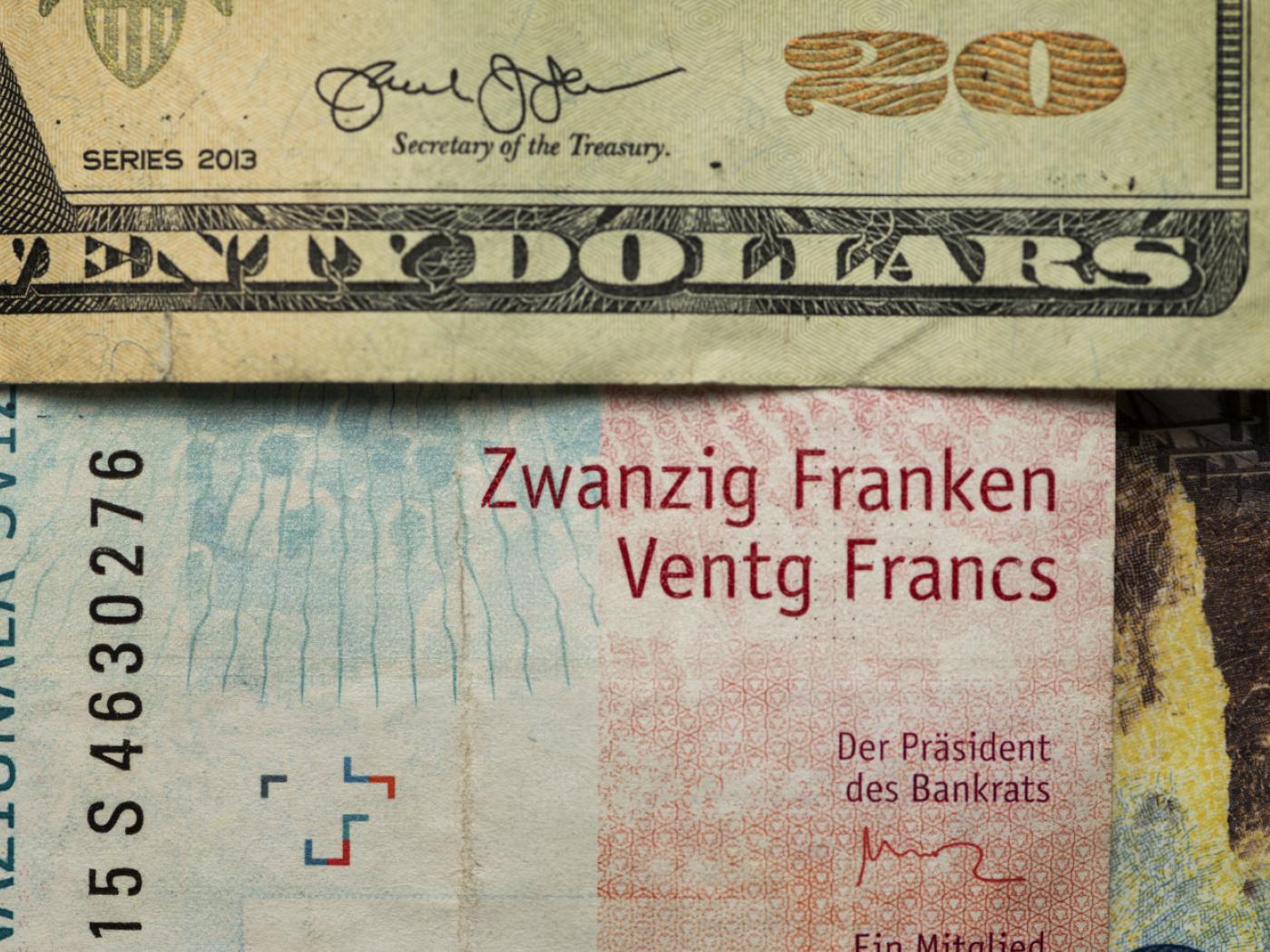Why are individuals willing to pay higher prices for some goods relative to other goods? The common reply to this appeals to the laws of supply and demand. But what is behind these laws? To provide a further answer to this question economists refer to the law of diminishing marginal utility.
Mainstream economics explains this law in terms of the satisfaction that one derives from consuming a particular good. For instance, an individual may derive vast satisfaction from consuming one cone of ice cream. The satisfaction he will derive from consuming a second cone might also be large but not as large as the satisfaction derived from the first cone. The satisfaction from the consumption of a third cone is likely to diminish further, and so on.
From this, mainstream economics concludes that the more of any good we consume in a given period, the less satisfaction (or utility) we derive out of each additional, marginal unit. This also entails that, if the marginal utility of a product declines as the supply of this product increases, the price that we are willing to pay per unit also declines. Utility, according to the mainstream, is presented as a certain quantity that increases at a diminishing pace as one consumes more of a particular good. Since various goods generate different amounts of utility, mainstream economists mistakenly conclude that consumers should allocate their money income in such a way that the marginal utility per dollar spent is the same for all goods purchased.
Menger’s Explanation of Value-Formation
The question that arises is how can one talk about the utility or benefit that a good offers without stipulating the end that a particular good serves? According to Carl Menger—the founder of the Austrian School of Economics—individuals ordinally rank goods in accordance to the ends those goods are thought to accomplish. Various ends that individuals find subjectively important in any given moment are valued in a descending order.
Consider John the baker, who has produced four loaves of bread. The four loaves are his resources or means that he employs to attain various ends. Let us say that his highest end is to have one loaf of bread to feed and sustain himself. With the second loaf of bread, John exchanges it for five tomatoes, which helps him to secure his second most important end. John then uses the third loaf of bread to exchange it for a shirt—his third most important end. Finally, John decides that he will allocate his fourth loaf to feed wild birds. Feeding the wild birds is ranked as the fourth end on the John’s priority list as far as his life and wellbeing is concerned.
We can see that each loaf of bread serves a different end and that the ends are ranked ordinally, according to which wants they satisfy first. This implies that the first loaf of bread carries much higher subjective importance than the second loaf because of the more important end that the first loaf secures. Thus, if a single loaf of bread is lost, the lowest end will be sacrificed before the higher ends.
Value, Price, and the Lowest-Ranked End
Now, because John regards each of the four loaves of bread in his possession as interchangeable (homogeneous units), he imputes to each individual loaf of bread the value of the lowest-ranked end, which is feeding wild birds. Why does the least important end serve as the standard for valuing the loaves of bread? Could John, theoretically, decide to use the highest end—eating a loaf to survive—as the standard of value for each additional loaf of bread?
In answer, consider that to satisfy his second end—to obtain five tomatoes—John would have to exchange (give up) the one loaf of bread for five tomatoes, however, if a loaf of bread is valued more highly by John than five tomatoes, obviously no exchange will take place. Therefore, when a good (like a loaf of bread) becomes more abundant, it necessarily cannot be valued at the same level of the highest-ranked want it satisfies.
Since the fourth loaf of bread is the last unit in John’s total supply, it is also called the marginal unit—the unit at the margin. This marginal unit secures the least important subjective end. Alternatively, we can also say that the marginal unit provides the least benefit as far the individual’s valuation is concerned. If John had only three loaves of bread this would mean that each loaf would be valued by the third end—having a shirt.
From this, we can infer that as the supply of bread declines, the marginal utility of bread increases. This means that each individual loaf of bread will be valued more highly now than before the supply of bread declined. Conversely, as the supply of bread increases, its marginal utility declines because each loaf of bread is now valued less than before the increase in the supply took place.
When confronted with various goods, an individual makes his choice based on the suitability of goods to be employed as means to various ends. Ends are ranked with respect to subjective value at a given moment. Of course, a limitation on achieving various ends is the availability of suitable means. To quell thirst in the desert, an individual requires water. Gold in his possession will be of no help in this regard.
Following Menger’s framework, we can establish why the price of gold should be higher than the price of bread, all other things being equal, even though bread can sustain life and gold cannot. The simple reason for this is because gold is scarcer than bread. Where gold and bread exist and are subjectively valued by individuals, because gold is scarce and bread is abundant, the price of gold is higher than the price of bread.
According to mainstream economics, individuals are presented as if a valuation scale is hard-wired in their heads. Regardless of anything else, this scale remains the same all the time, despite changing preferences and circumstances. On the other hand, we must acknowledge that there can be no valuation without subjective ends or goals to be valued. Value is established once an individual’s mind has interacted with a particular good. The mind, then, establishes an end or purpose for which a particular good could be of use. Given time and space limitations, choices must be made of what goals to satisfy and in what order. Hence, the ordinal valuation scale emerges. This also means that the value scale does not remain permanently fixed. On this reality, Carl Menger wrote,
Value is thus nothing inherent in goods, no property of them, nor an independent thing existing by itself. It is a judgment economizing men make about the importance of the goods at their disposal for the maintenance of their lives and wellbeing. Hence value does not exist outside the consciousness of men.
Also, marginal utility is not, as the mainstream perspective presents, an addition to the total utility but rather the utility of the marginal end. According to Rothbard, “there is no such thing as ‘total utility,’ only the marginal utility of a larger-sized unit. The size of the unit depends on its relevance to the particular action.”
Conclusion
Following the thought of Carl Menger, a particular end sets the value for the corresponding means. Ends are not set arbitrarily but in accordance to its suitability to support an individual’s subjective values. In this sense, individuals’ valuations are always in reference to the facts of reality.
Full story here Are you the author? Previous post See more for Next postTags: Featured,newsletter



























